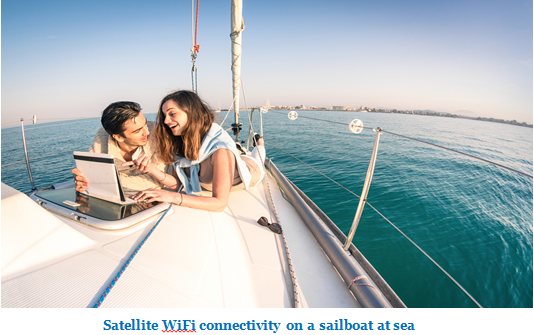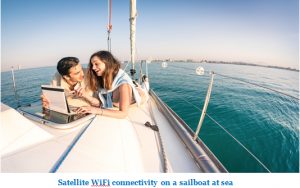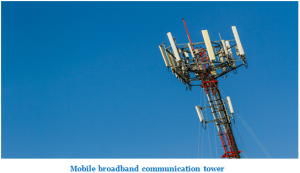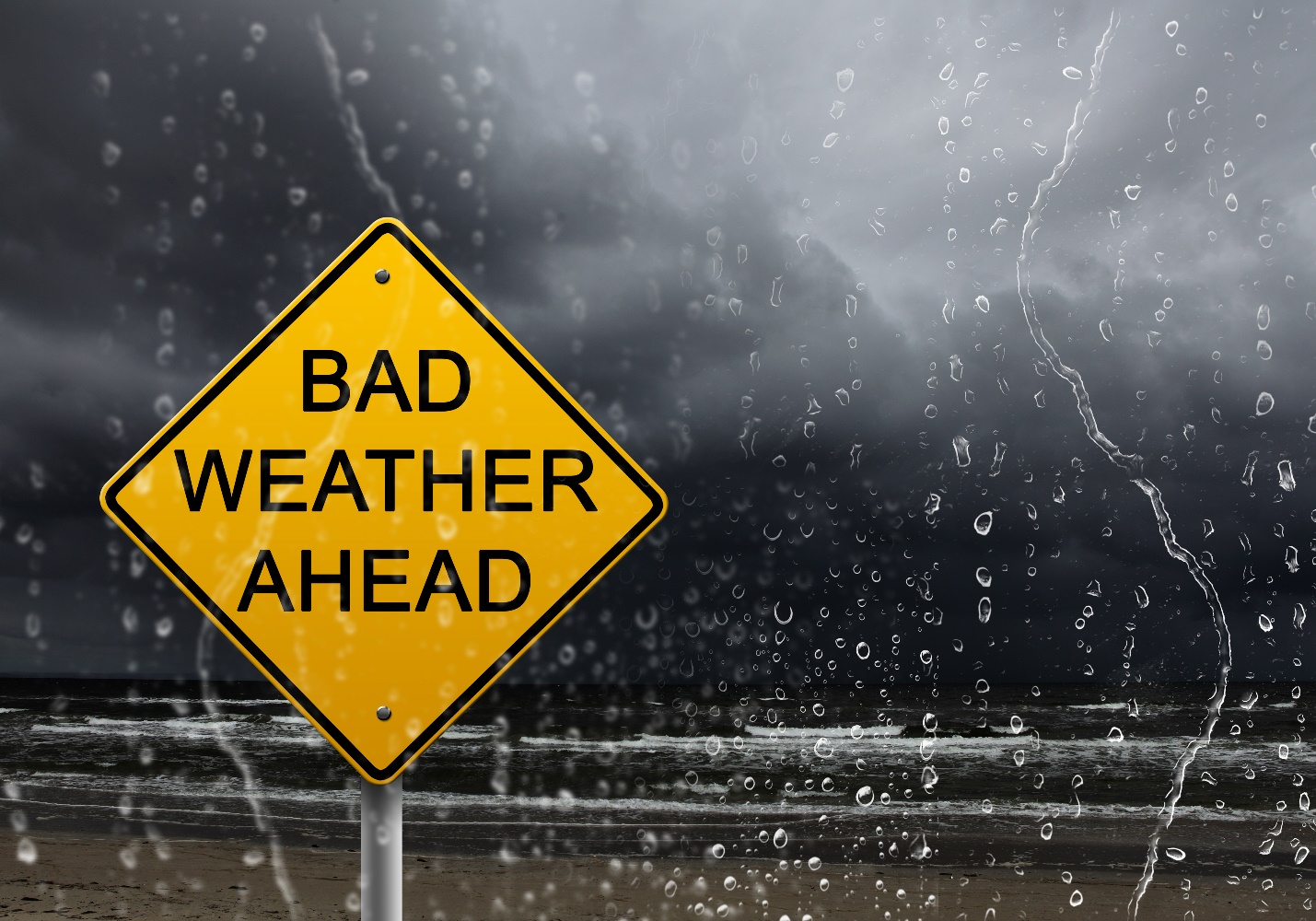Online at Sea: High-speed Internet Options for Boats

Last year, the United Kingdom-based company Coboat announced plans to launch a co-working space in a catamaran set sail on the seven seas. The boat will transport digital professionals to exotic destinations around the world while they work remotely in the boat’s office spaces, online at sea.

A year later, the Coboat has yet to leave port. The company has, however, already promised its residents the “previously unthinkable”
– high-speed internet in the high seas. The company claims that it will combine marine satellite and land-based communication technology to build a network capable of supporting remote work.

Even if you’re not ready to book a stay on the Coboat (by the way a space costs over $1000 per week [1]), installing an internet connection on your boat can open up opportunities. Living on your boat in harbor, for example, can minimize your living expenses (as long as that boat is not the Coboat) [2].
For those who take frequent or long boat trips, being online at sea can keep you connected with family, friends, and coworkers miles or worlds away. Even when there is no coverage from cellular networks, a satellite internet connection lets you call home with a voice over internet protocol (VoIP) service.

In this post, we explore the internet options for boats set sail at lake or sea. Although the options are limited – wireline connections, for example, are out of the question – today’s technology makes it completely possible to have a reliable internet connection on your boat.
Mobile broadband connects subscribers by transmitting radio waves over the cellular network. It can either be installed on a device (like a smartphone, tablet, hotspot, or laptop with a built-in wireless modem) or installed on an external modem that provides Wi-Fi to the entire boat. Since cellular networks do not cover oceans or seas, mobile broadband is only a viable option for lake sailing.

In a query about service on Lake Michigan, Verizon warns that the provider doesn’t divert network resources towards covering bodies of water: “As a rule, we typically don’t apply great network strength towards bodies of water. What wireless network engineers have found is cellular signal tends to be reflected by large lakes and seas. We’ve round the satellite services work much more efficiently. So I would say that your service may not be very reliable very far offshore. I honestly couldn’t provide an exact point of signal failure, but I would not advise using cellular services for a trip any greater than a few hundred feet from land ” [3].
Satellite internet connects subscribers through orbiting satellites. At sea, satellite internet is your only viable option. Also, if you have trouble getting a signal on your cellphone, satellite is a more reasonable option than mobile broadband in a lake. Note that, although satellite internet providers advertise impressive speeds, the user experience will be slower due to high latency.





